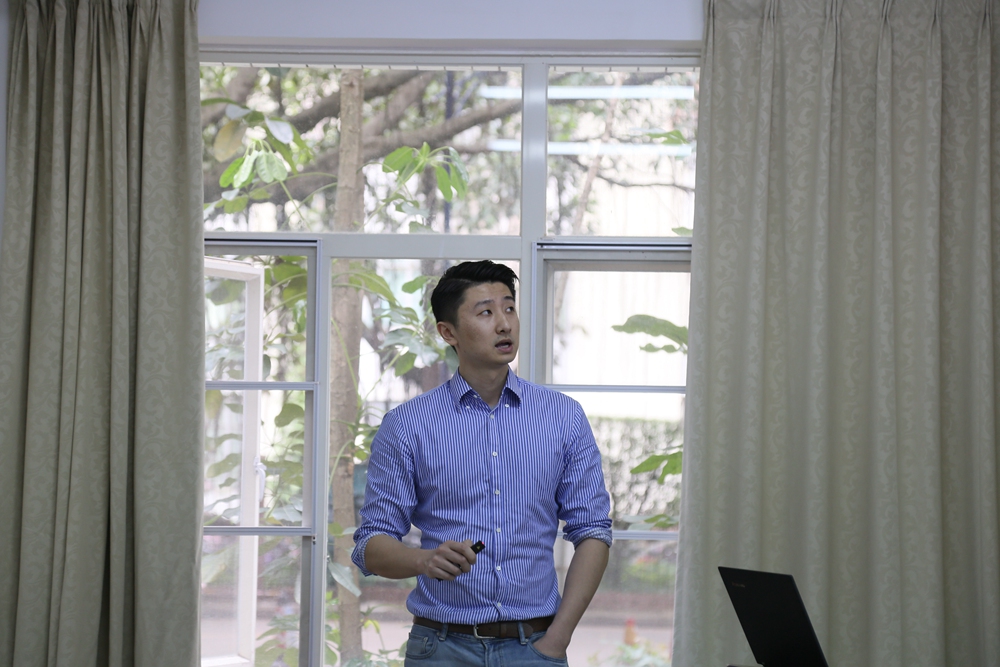2019年3月4日,北京大学国家发展研究院助理教授邢剑炜做客IESR,分享了题为“Cars or Trucks? The Impact of Attribute Basing in Fuel Economy Regulations”的研究。

助理教授邢剑炜
Attribute basing is a common regulatory strategy in environmental regulations: in an effort to reduce the externality-generating dimension of a product, regulations impose standards whose stringency is based on a secondary attribute. This study provides empirical evidence of the welfare consequences of attribute basing in the context of U.S. Corporate Average Fuel Economy (CAFE) standards. Throughout the history of CAFE, the policy stringency has been based on a discrete attribute: the classification of vehicles as either passenger cars or light trucks, with the latter being subject to a less stringent target. This differential treatment of cars and trucks has perverse implications as it potentially distorts the fleet composition and increases the tailpipe emissions and accident-related externalities because of a larger market share of light trucks. By estimating a structural model of vehicle demand and supply incorporating CAFE credit trading, this study simulates a counterfactual scenario by removing the standard split and finds that attribute basing results in a 4.9 percent increase in the sales of light trucks and a corresponding social welfare loss that translates into $2.83 billion in 2014. Attribute basing also leads to welfare redistribution among automakers: the U.S. domestic firms benefit from the attribute basing with a profit increase of 1.8 percent at the expense of Asian and European automakers with a profit loss of 1.5 percent and 4.0 percent, respectively.
